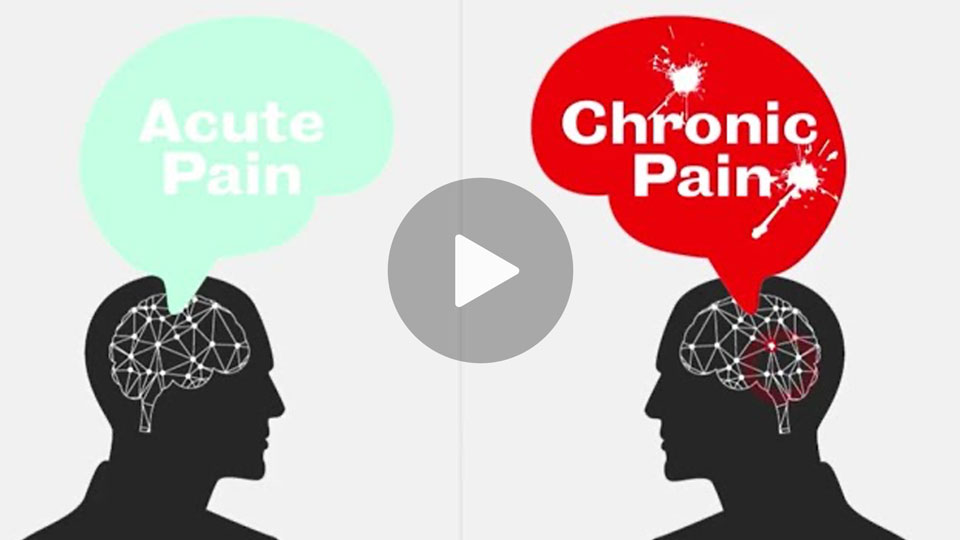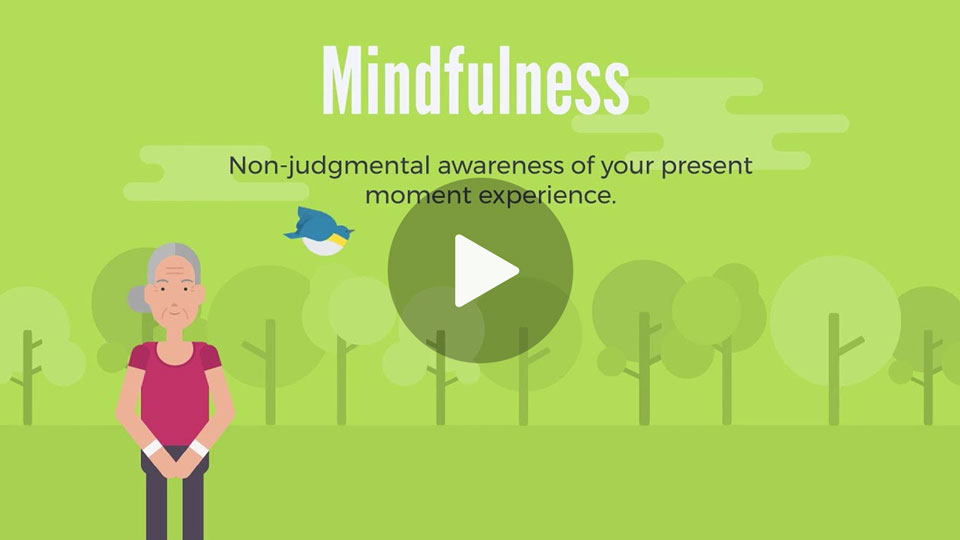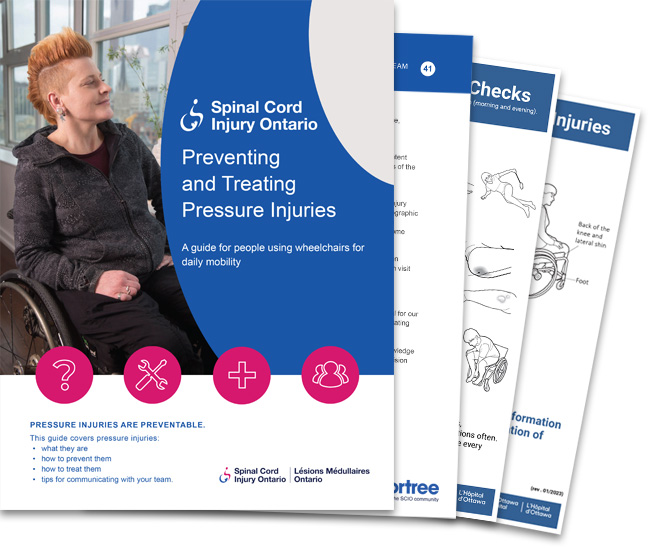This video explores the profound impact of mindfulness interventions for people living with chronic pain. The primary objective is to examine how these interventions effectively alleviate anxiety, depression, distress, and improve overall quality of life. The video delves into the intricate mechanisms behind mindfulness meditation and its ability to mitigate pain through unique psychological and neural processes. Specifically, it sheds light on how mindfulness meditation alters executive attention, enabling individuals to develop a heightened awareness of their pain perception. This newfound awareness disrupts the connection between the sensory experience of pain and the individual’s interpretation of its significance.
The featured meditation in the video was developed by Dr. Swati Mehta, a distinguished Research Scientist at Parkwood Institute Research, St. Joseph’s Health Care in London, Ontario. Dr. Mehta also serves as an Adjunct Assistant Professor in the Department of Physical Medicine and Rehabilitation at Western University. With a Master’s degree in Counselling Psychology and credentials as a Registered Psychotherapist and Canadian Certified Counsellor, Dr. Mehta’s expertise is invaluable in the field. The video also emphasizes her notable research, which aims to enhance emotional well-being by improving access to comprehensive mental health services for individuals with spinal cord injuries.
This is a guided meditation specifically designed for people experiencing chronic pain. This guided meditation for chronic pain targets the unique challenges faced by those with spinal cord injuries, offering a tailored approach to pain relief. By incorporating mindfulness meditation techniques, this guided meditation helps individuals cultivate a deep sense of present-moment awareness and acceptance, fostering a greater connection with their bodies and promoting healing.
The meditation also addresses the needs of people using wheelchairs, recognizing the importance of accessibility and inclusivity in the practice. It provides guidance on adapting meditation techniques to suit the needs and accessibility requirements of individuals who use wheelchairs for mobility.
While meditation cannot directly heal injuries, it can play a significant role in managing pain and supporting the recovery process. By incorporating meditation into the daily routine, people with spinal cord injuries can experience relief from chronic pain, muscle spasms and discomfort. Guided imagery is used within the meditation to help people visualize a state of comfort and ease, promoting relaxation and soothing the body.
This meditation serves as a valuable tool for chronic pain management, offering a calming and transformative practice that empowers people to take an active role in their pain relief journey. By regularly engaging in meditation for chronic pain, people with spinal cord injuries can enhance their overall well-being and find acceptance and self-compassion.
If you enjoyed this video on spinal cord injury mindfulness meditation for wheelchair users, please remember to like, share, subscribe, and leave a comment if you have any questions or suggestions. We hope to see you here again soon!





